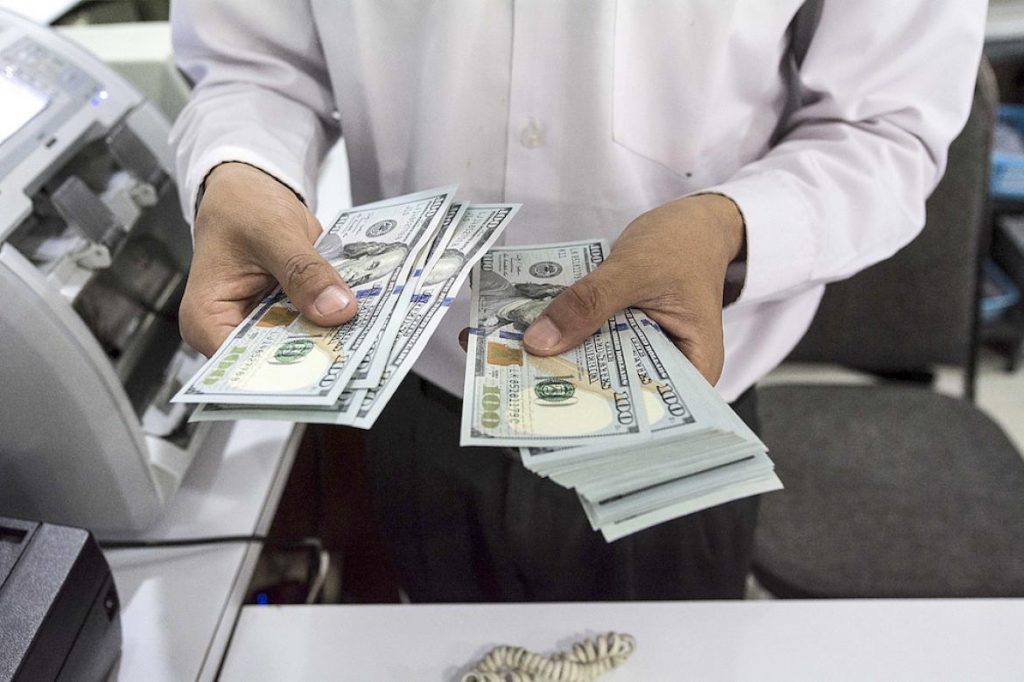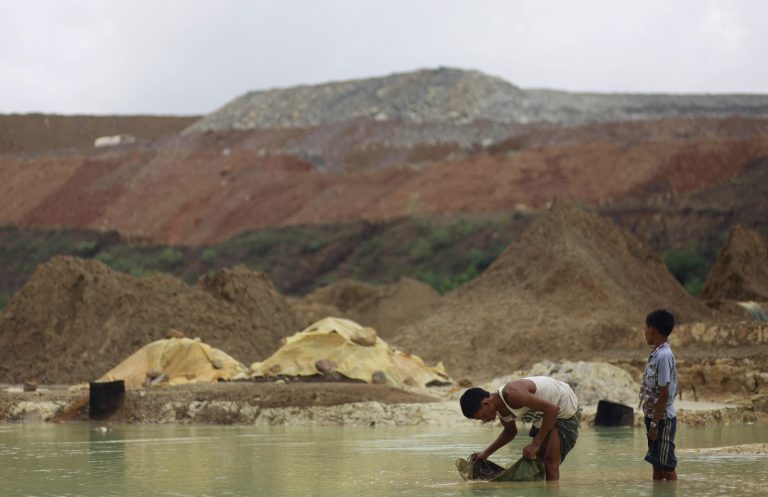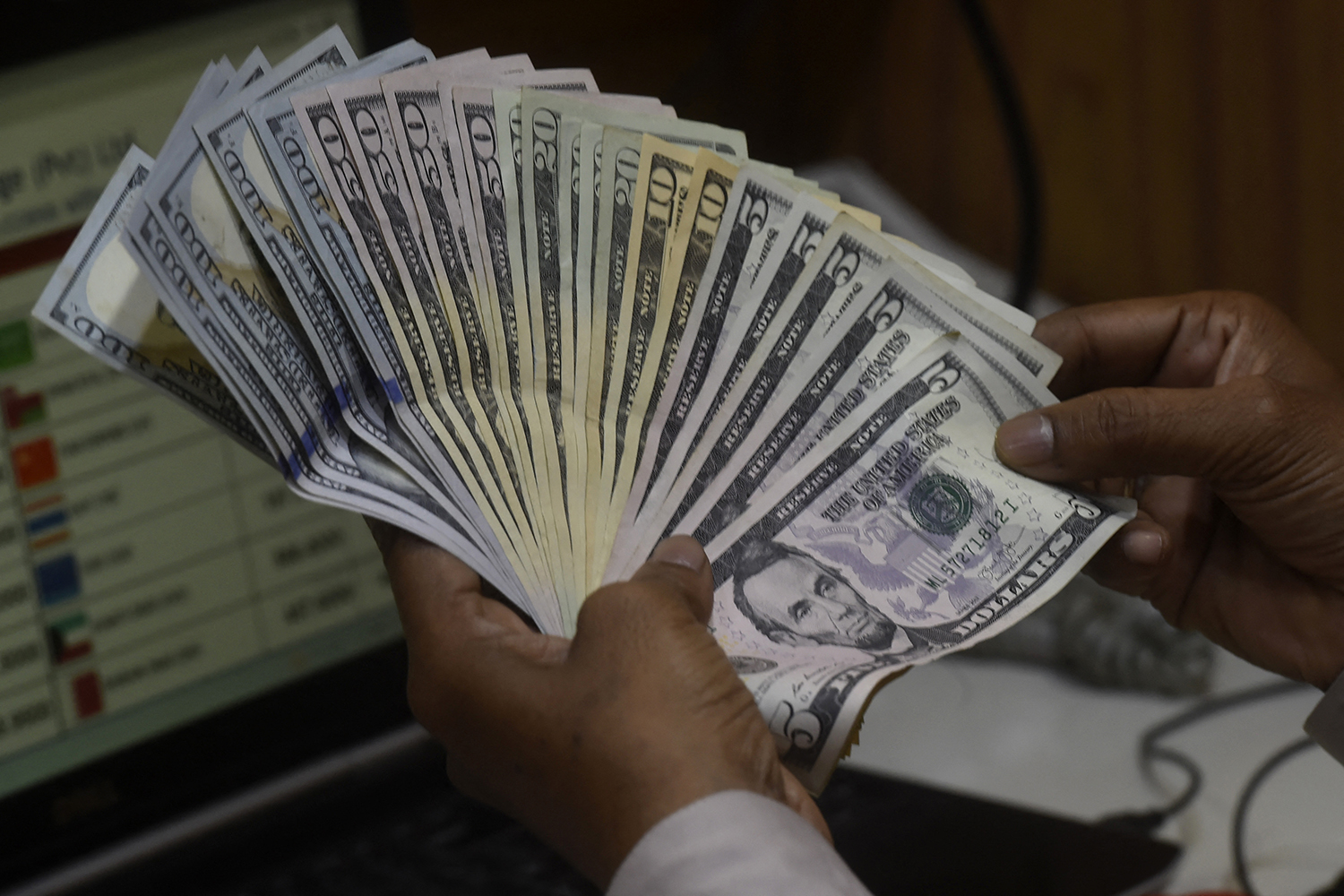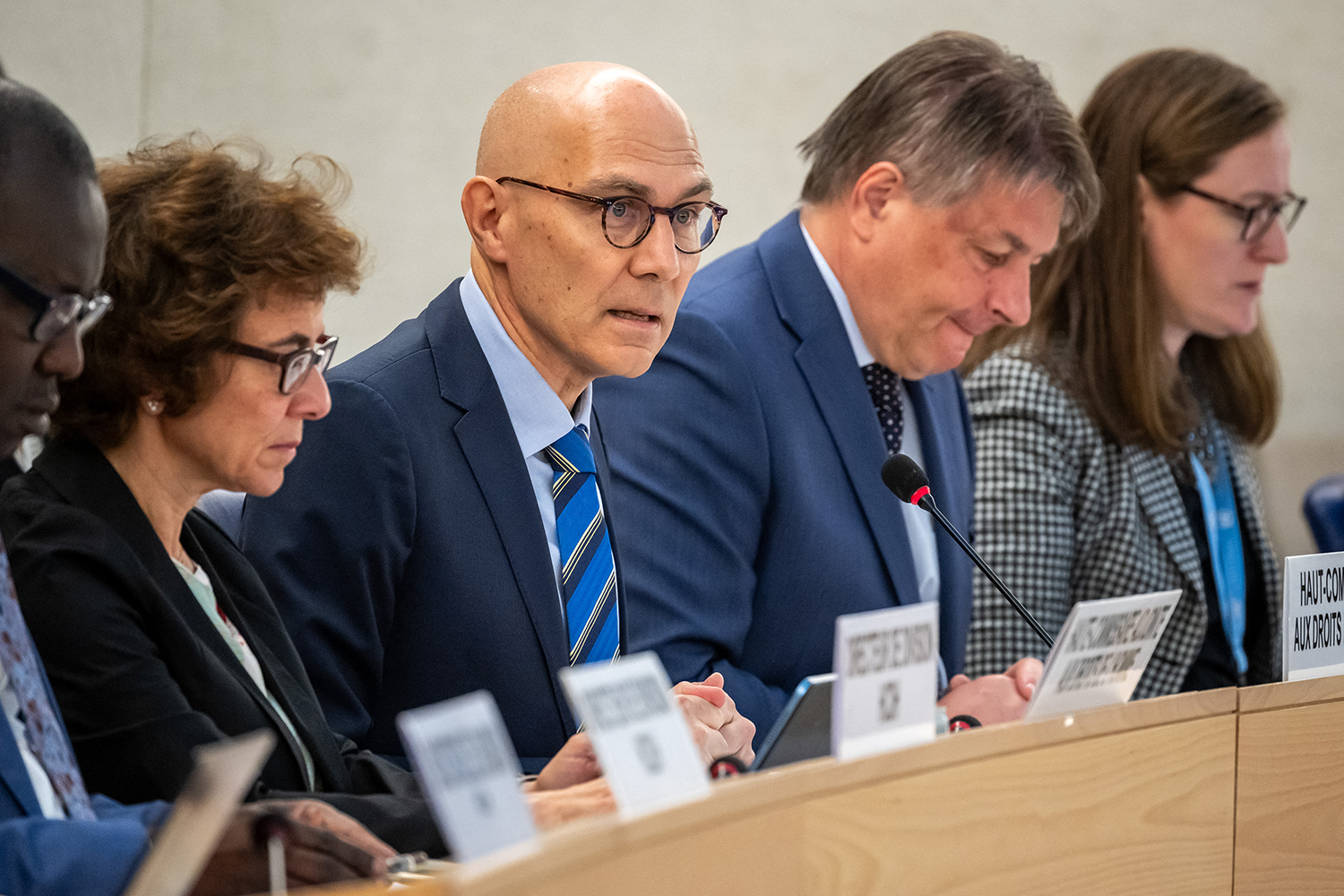Although most financial sanctions have ended, the high cost of violations and low potential profits means few US banks will do business with Myanmar.
By JARED DOWNING | FRONTIER
ANYONE who has tried to get US dollars out of the country will know what a headache it can be. Options range from complicated third-party money trails through Thailand or Singapore to tucking US$100 bills into the backpacks of friends heading back home.
In the eyes of the United States Treasury and Congress, Americans should have no problems conducting these transactions, however. In 2012, the US Treasury lifted general sanctions on the financial sector and in subsequent years removed individual banks, Asia Green Development Bank, Ayeyarwady Bank, Myanma Economic Bank and Myanma Investment and Commercial Bank, from its blacklist.
But American banks are often not willing to do businesses, making it difficult for American companies to remit money home and for Myanmar companies to buy goods and services from the US.
“The challenges of getting money in and out of the country are a nightmare,” said Mr Hal Bosher, CEO of Yoma bank.
Support more independent journalism like this. Sign up to be a Frontier member.
Bosher, who worked at the World Bank Group for 10 years, said the lifting of sanctions thus far amounts to a “half step” where US dollar transactions are concerned.
The remaining obstacle is the Specially Designated Nationals (SDN) blacklist of individuals and companies. Aside from those listed, any company in which a sanctioned entity has a majority stake is also automatically off limits.
As many American banks see it, this creates a due diligence minefield. Profits are too low, and potential reputational and financial damage too high, to justify the risk of inadvertently transferring money connected to the wrong person.
“American banks say, ‘I’ve still got to sit here and root through 150 names.’ It’s very cumbersome,” Bosher said.
The problem is not specific to Myanmar.
“There have been recent cases involving international banks which were heavily fined in [New York] for not having exercised sufficient due diligence,” said Dr Yvonne Wong, author of Money Matters in Myanmar, an in-depth analysis of Myanmar’s financial sector.
In February of this year the US Treasury fined Barclays Bank US$2.48 million for 159 violations of sanctions against Zimbabwe. Go back a little further and you’ll find fines for sanctions violations – including Myanmar sanctions – that are in the hundreds of millions of dollars.
“US domestic legislation makes dealing with Myanmar banks – which still remain a money laundering concern – difficult,” Wong said. “Domestic legislation calls for enhanced due diligence, making compliance much more costly for US banks.”
In Southeast Asia, countries like Cambodia, Vietnam and Indonesia are also handled with extreme care. Indeed, viewed from the US, Myanmar is just one of many countries with entities that need to be avoided. The issue of whether Myanmar banks are trustworthy is irrelevant if the country can’t cut through the noise to begin with.
Change must begin on the Myanmar side, Bosher argued. He and US ambassador Scot Marciel have entertained the idea of a “road show” for Myanmar banks, facilitated by the embassy, that would see American companies tour their compliance departments in order to show them a Myanmar beyond smuggled opium and jade.
But the market will also need to demand change, with more, large US corporations and investors setting up shop in Myanmar and pressing their banks back home to play ball.
Sanctions and Myanmar government efforts to control currency flows across borders have contributed to a large transfers “grey market”. Rather than banks, informal networks, such as hundi, are used to remit funds back and forth.
“It’s not like money isn’t going offshore. It’s just run through a money network that is completely off the grid,” Bosher said. “That market is not necessarily black money. It could be a legitimate business, but the pain of going through a formal bank is so high that they say, ‘Forget it, let’s just go back to this other mechanism.’”
This article originally appeared in Frontier Myanmar’s Banking and Finance special edition, published in July 2016.







